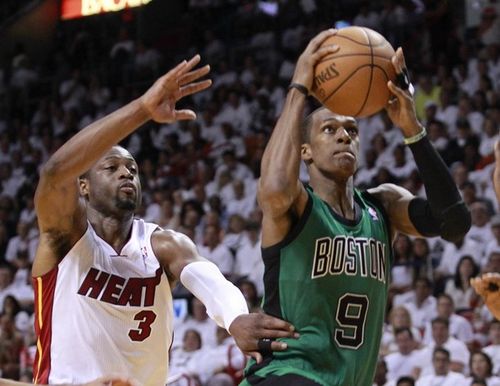The interesting news you hear from kid sports is usually about parents. And it’s not good news. Reading about someone going berserk at a youth sport game is your chance to say, “I’d never do that,” and you’re probably right.
But you never know what you might do until you’re in that heated moment and your kid is the focus.
No one celebrates when adults trade blows in front of the audience gathered to watch kids play their game. This isn’t NASCAR where you hear more about the wrecks than the winners.
Something wonderful happened over the weekend at a Little League game in Hermiston, but first disclosure: I once coached a summer team of Little League. Summer League is the minors of Little League, but the parental expectations are still plus-sized.
One game boiled over.
As a cautious sports fan, I’m on the lookout for conflict at events where the only conflict should happen between the lines and by the rules. Little League isn’t the NFL where a $200 ticket seems to give fans the green light at the intersection of Drunk and Abusive. Little League translates to maintain your composure.
It was a normal game one day. Same field, same parents, same players on my side. The other team had a couple of dad coaches. One of them carried a reputation gained from his interference in an older child’s games. He was also a government investigator, I learned through the Little League grapevine. People gave him lots of room.
In the middle of the game, one where the twelve year old umpire missed a few calls as expected, the mood changed. My team was winning, which was surprising because they were still learning the game. Learning the game as in how to catch, throw, hit, and which base to run to.
My game plan was to let the kids learn at their own pace and take what they learned to the next season, the next sport, until they found their best fit. Youth sports works best with this approach, instead of drilling players to tears.
In the middle of the game, coaches from the other team started yelling at the umpire. He started missing more calls. You could tell he was unraveling under pressure. I felt bad for him, but it’s part of the game and he was learning the hard way.
Class turned ugly when the other team’s coaches stopped the game to complain to the umpire. Imagine two grown men crowding a kid with hostility. Another coach might join the fray and escalate the tension. I stayed behind the fence with my team out of respect for the game and the fact we were winning for once.
The umpire’s mom came to his rescue. Two dads in the outfield left their beer cooler and headed for the group at home plate. My team parents started talking, my team was anxious. What to do?
The other coaches were overwhelming the ump and his mom, so I stepped out. I got there about the same time as the two men from the outfield.
“We going to play this game?” I asked.
“We’re trying,” one of the other coaches said.
“That’s what’s going on here? This is trying? Try this: go back to your bench,” I said.
“What’s your problem?” One of the outfield dads said.
This is where the amateur conflict resolver steps into it. They address the moment, not the cause, and things go rapidly wrong. Instead of getting dropped and dragged around the infield by Little League thug dads, I went back to the roots of sport.
I pointed to the kids on both base paths.
“This is their game,” pointing to one side. “It’s their game, too,” pointing to the other side. “What it’s not is your game and your chance to play. It’s their game. You already had your chance, why ruin theirs?”
One of the coaches puffed up with, “You’ve seen the calls. Why aren’t you doing something about it?”
“Because he’s twelve years old,” I said.
“I’m thirteen,” said the ump.
“He’s thirteen and you’re out of line here. Go back to the bench and let’s play the game. I’m not winning by forfeit,” I said.
Things calmed down and the game finished, but the moment burned into Little League legend. That’s how parents ruin sports.
Over the weekend in Hermiston, a Little League game showed how parents help sports.
A local team traveled with their ace to a tournament. The field was perfect, the day set for great things.
The top pitcher for the travel team took the mound and beaned the first three batters. Didn’t have his A-Game and he got pulled. Instead of a chance to mow down the other side on the way to a perfect game, he dropped them in the batter’s box, then sat on the bench wondering what went wrong.
In the last inning with the other team delivering a convincing 9-0 whipping, the coach put the pitcher back in the game at third base. After delivering three bean balls, the kid would at least have a chance to go down swinging. Or get beaned himself.
He came to the plate, settled in, and took the first pitch over the fence. A home run helps everyone feel better, but not who you might expect.
After the game one of the moms from the other side talked about it.
“It was so nice to see a young player come back the way that pitcher did. We’d scouted him all week and knew how good he was. We got lucky but it was hard seeing him start the way he did. A home run on the first pitch of his first at bat was a wonderful thing to see. It’s a sports moment I wish everyone could share.”
That’s how it’s supposed to work in The League, Little League. Share it.
Add The Sports Daily to your Google News Feed!
